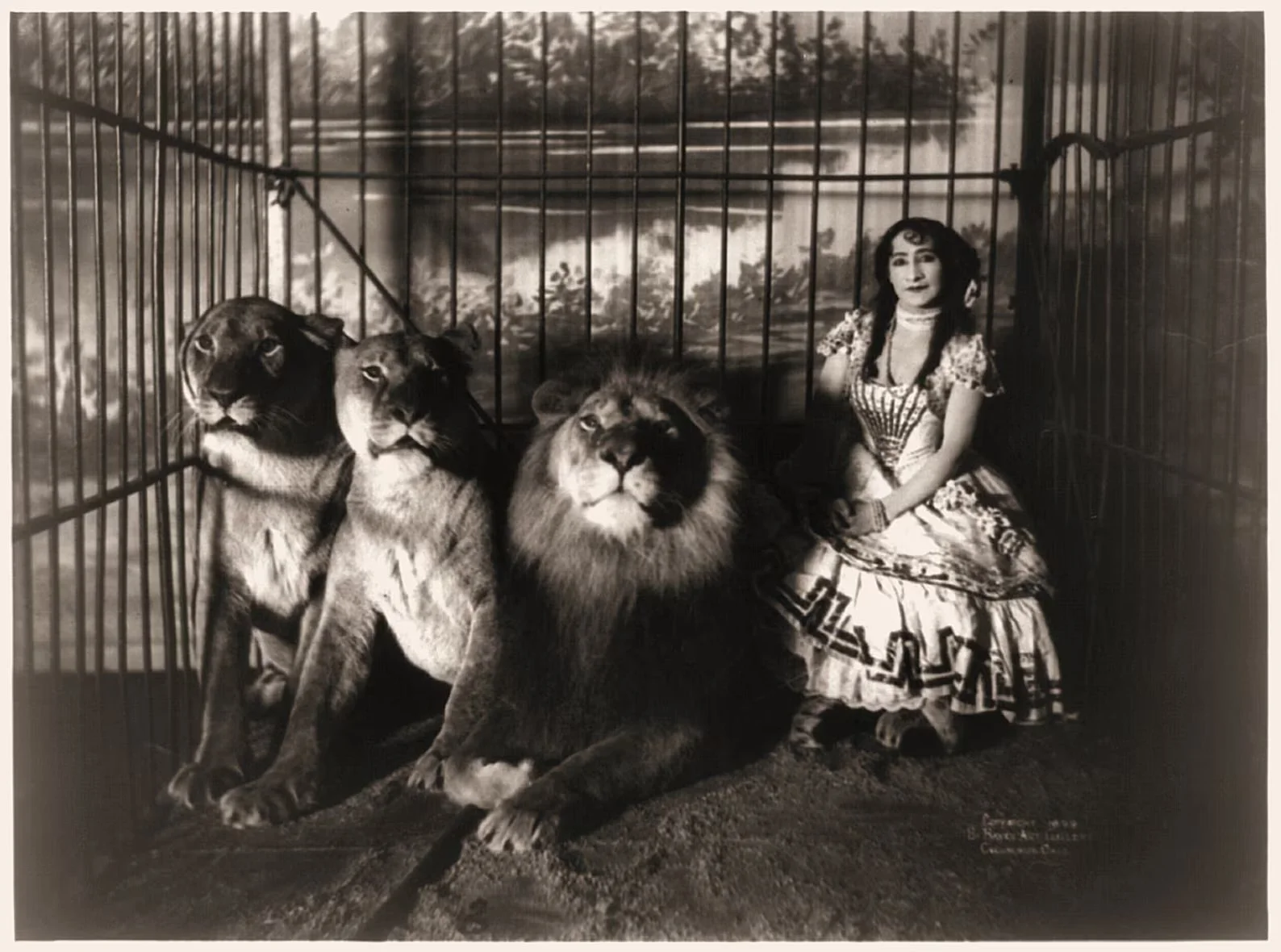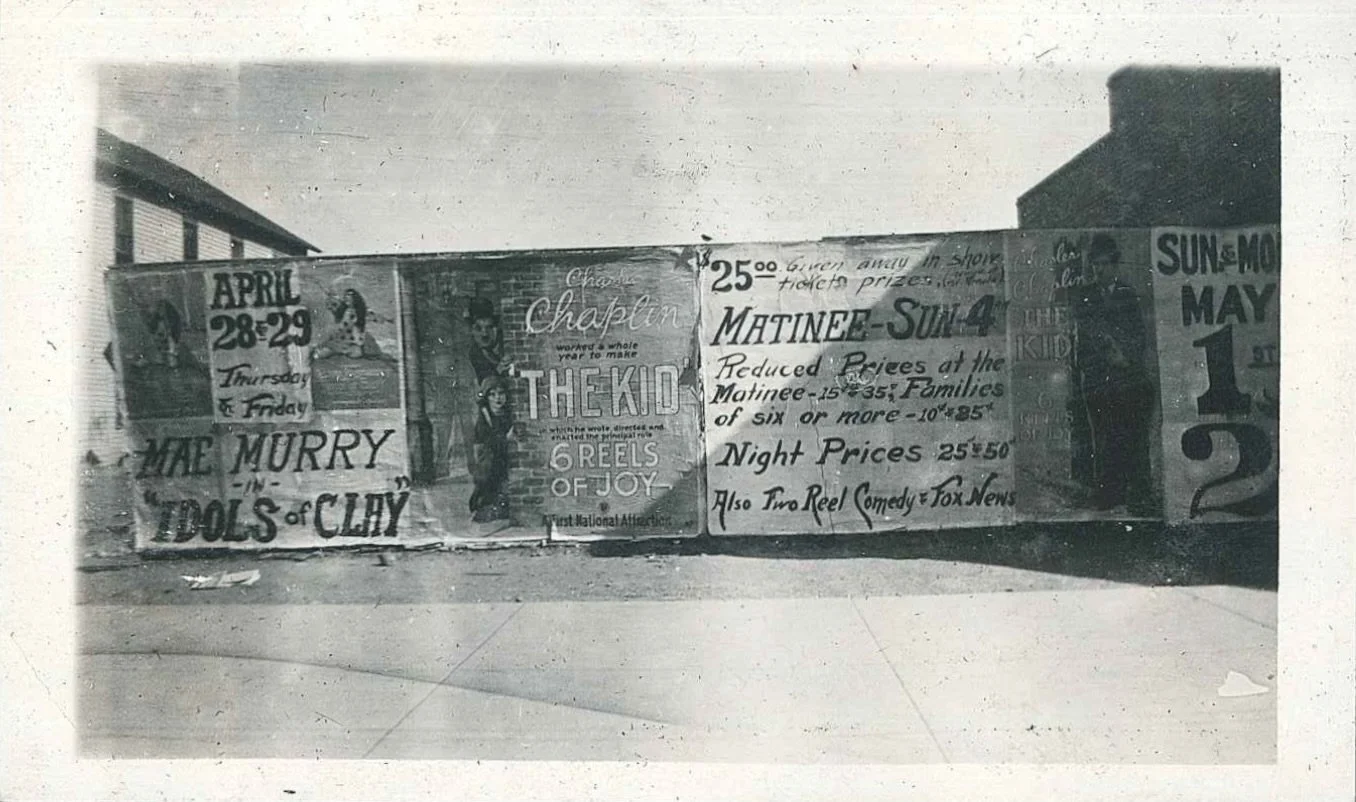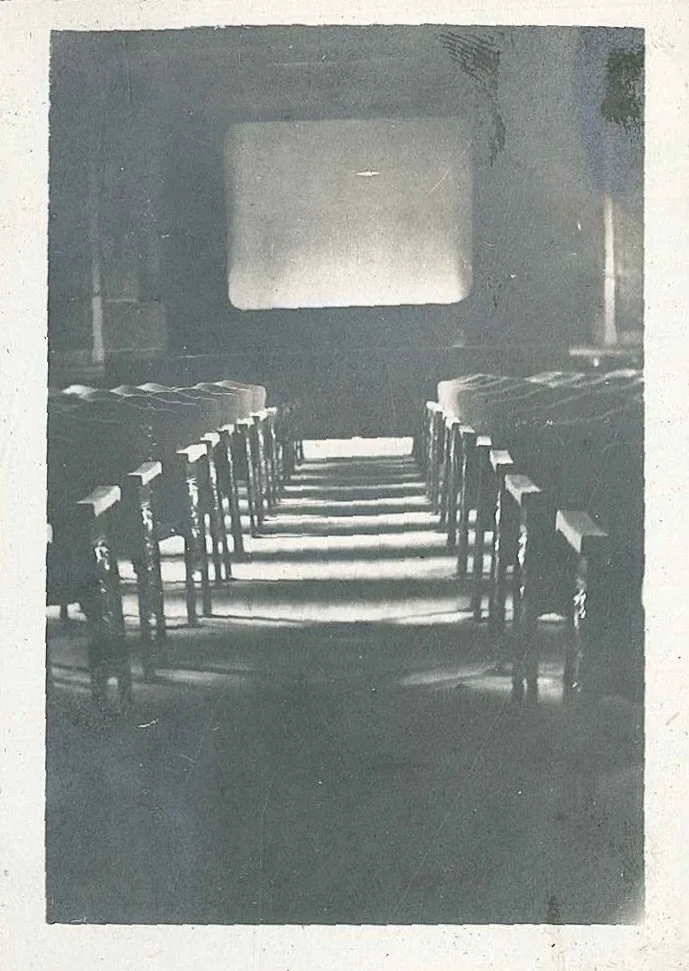
Elizabeth Willis
Liontaming in America
LONGLISTED FOR THE 2024 NATIONAL BOOK AWARD FOR POETRY
A staggering new collection of historical and mythic reinvention, devoted to the entangled belief structures of American film, theatre, politics, and religion.
‘I’m not speaking for you, I am speaking to you America.’ The force of this magnificently necessary book fills me with awe. Mormonism—the religion Elizabeth Willis was born into and spent her early years believing—spirals at the heart of this genre-defying project that has pioneered a new American aesthetic. Arcing between poetry, prophesy, and heresy, Willis, like Augusta Cobb, Walt Whitman, and others before her, has reimagined the nation in her visionary exploration of the ‘unrelenting algebra of conquest.’ Liontaming in America is a work of furious love.
— Susan Howe
In this vast and masterful book, Elizabeth Willis lays personal claim to the terror unleashed by John Winthrop’s prophecy ‘wee shall be made a story.’ And it’s the wild bravery of that personal claim that sets Willis apart and moves Liontaming into a US poetic counter-tradition of writing collective memory made by Gayl Jones, Joan Retallack, Muriel Rukeyser, and Leslie Marmon Silko, among others. I don’t think there is a name for it, for the self-imperiling impulse to remember not to regenerate through violence. Willis’s intricate text is a family story, is a nest, is a daybook of images in motion as settlers, as pioneers. Extensive archival work thickens her writing, but make no mistake: Willis has given us a gorgeous, mournful and wildly intelligent poem.
—Simone White
Elizabeth Willis’s prose-poetic Liontaming in America plays a just-the-facts-ma’am tack against pronouncements and interrogatives of an aporetic, testimonial cast. Such are the holes in history. Such is the scribe’s pepper, history’s cracks and cuts, its ravages, wounds, omissions, vatic scat. Willis’s edgewise, angled temper shines throughout the book, giving it a burnished-bronze ambiance that can itself be said to glow. The American frontier, Eliza Snow Smith, Lost in Space, nineteenth-century American feminism, Pocahontas, Robinson Crusoe, settler colonialism, Glenn Strange, slavery, the Nativity, polygamy, Maude Adams, Mormonism, and Paul Robeson are only some of what comes into its purview. This is gritty, capacious work of the first order, a momentous addition to Willis’s formidable body of work.
— Nathaniel Mackey
America has a short history, passionately mixed up like a quilt. You can paw it as the allegorical archive it is, and Elizabeth Willis is a lot of a lion here, circling in the cage of this book throwing up intimate and random pieces of meat to terrify and intrigue us. Many speakers here are distantly related to her own family—they spout broken poem speeches in archaic or free style spelling, stepping out of their own dreams onto a land they did not know and might never understand what it is. Pearl S. Buck proposes maybe there isn’t any America at all. I think Elizabeth Willis is asking all the right questions. Her Liontaming is urgent reading as we stroll into the next awful season of the American dream, still wanting to know ‘Where do I end? . . . On what ground do our bodies meet?’
— Eileen Myles










